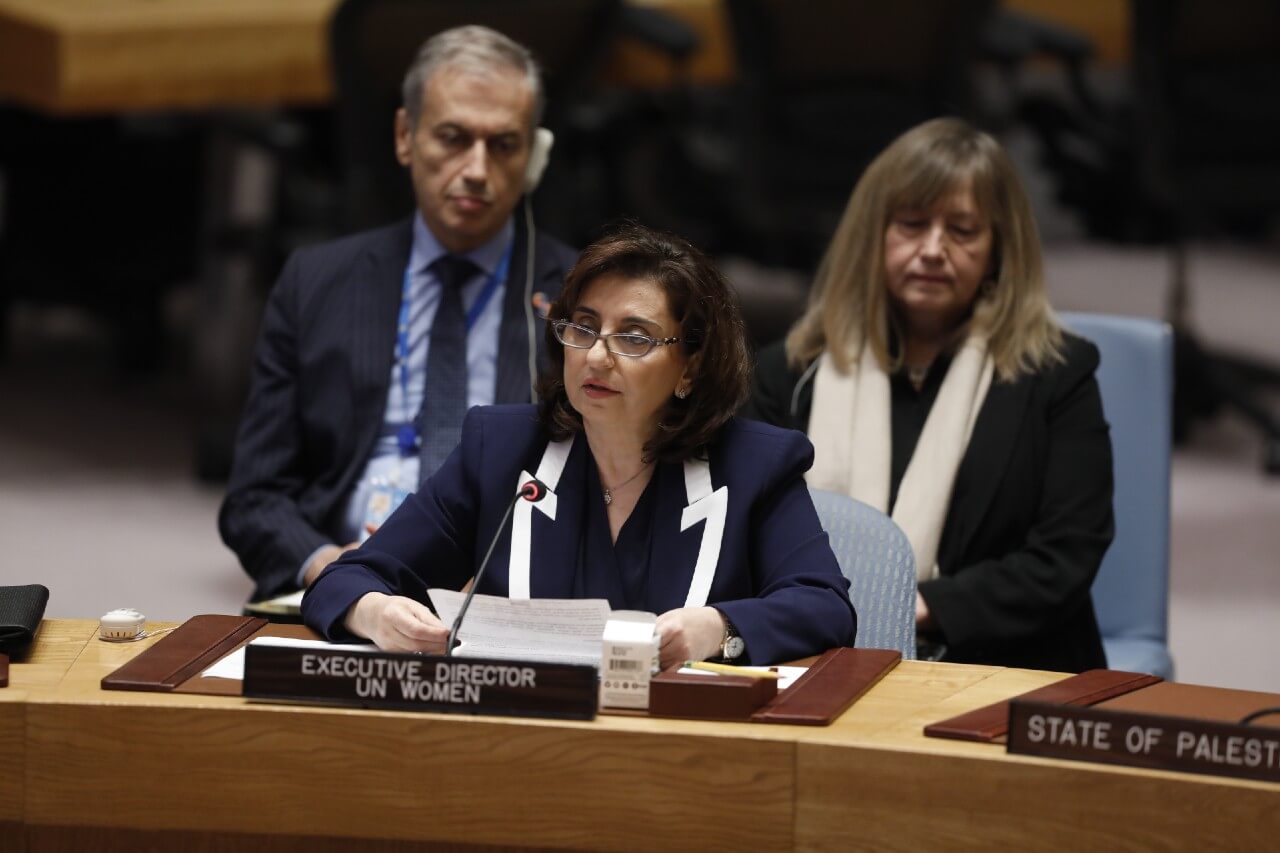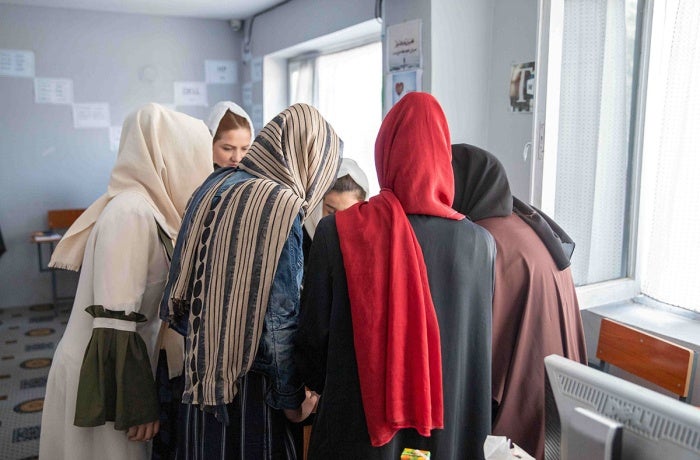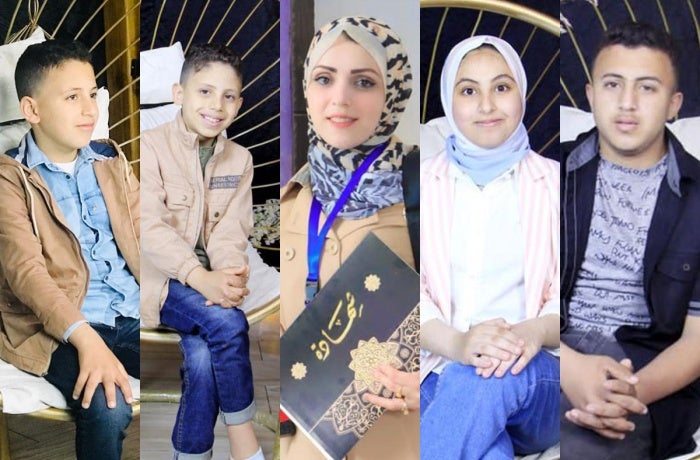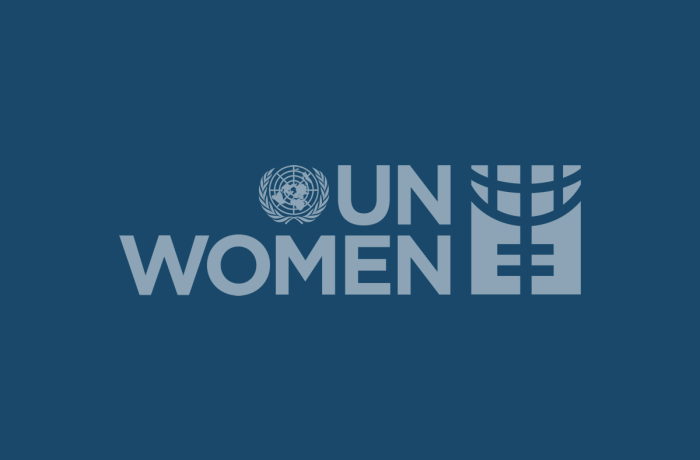Speech: Now more than ever we must seek peace
Briefing by UN Under-Secretary-General and UN Women Executive Director Sima Bahous to the 9,484th meeting of the UN Security Council on “The situation in the Middle East, including the Palestinian question”, held on 22 November 2023 at UN headquarters.
[As delivered.]
Mr. President,
Allow me to thank you, Ambassador Zhang Jun, for your remarkable efforts during China’s presidency to maintain focus on the situation in Gaza. And thank you to Ambassador Nusseibeh and Ambassador Frazier for calling for this meeting, and to Members of the Security Council, for this opportunity to brief you about the humanitarian situation in the Occupied Palestinian Territory.
I just returned last night from Egypt and Jordan. There I met with Government, civil society partners, humanitarian workers, and volunteers, all working tirelessly to respond to the suffering of the Gazan people and end the crisis. I commend their efforts to ensure humanitarian aid gets to those in need. I welcome the news that 50 hostages, all women and children, will be released in return for the release of 150 Palestinian women and children, and a much-needed humanitarian pause. I thank the Governments of Egypt, Qatar, and the United States for facilitating this agreement.

I hope that this is the beginning of a permanent truce and lasting relief for the people of Gaza and all the hostages held by Hamas.
We have witnessed six rounds of violence in Gaza in the past 15 years. Yet, the ferocity and destruction that the Gazan people are being forced to endure under our watch has reached an intensity we have never seen before.
I have been consistent in my briefings to you, in reminding you that women and girls are paying the highest price of conflicts.
Before October 7th, 67 per cent of all civilians killed in the Occupied Palestinian Territory in the past 15 years were men, and less than 14 per cent were women and girls. Since that date, that percentage has reversed. Not only is the number of civilians killed since October 7th twice that of the last 15 years combined, now 67 per cent of the more than 14,000 people killed in Gaza are estimated to be women and children.
That is two mothers killed every hour and seven women every two hours. We mourn them all.
We also mourn the more than 100 UN colleagues who have died in just a month of this crisis. They served the mandate of our United Nations and the principles we have sworn to uphold, and they paid the ultimate price for it.
Despite their knowledge of the dangers they faced, they did what they believed in until their final breath, whether in schools, in hospitals or wherever they were needed. We carry their memories with us throughout this crisis and beyond.
It has been 47 days since the October 7th attack on Israel, where 1,200 people, many of them women and children, were killed. Each day that passes marks another 24 hours of unspeakable fear and uncertainty for the hostages, including the women and girls held by Hamas. I continue to call for their immediate and unconditional release.
It has been 47 days since the more than two million Palestinians in Gaza have spent every moment fearing for their lives, mourning their dead, and living under conditions that would break every single one of us.
Thousands of women in Gaza have lost their homes, with 45 per cent of all housing units destroyed or damaged.
Thousands more are injured, unable to find any medical support from a totally shattered health system.
One-hundred-eighty women are delivering babies every day without water, without painkillers, without anaesthesia for C-sections, without electricity for incubators, and without medical supplies. Yet, they continue caring for their children, the sick, the elderly, mixing baby formula with contaminated water, going without food so that their children can live another day, enduring multiple risks in severely overcrowded shelters. They have been robbed of their livelihoods, of their security, and of their dignity.
Women in Gaza have told us that they pray for peace, but that if peace does not come, they pray for a quick death, in their sleep, with their children in their arms. It should shame us all that any mother, anywhere, has such a prayer.
Before the current escalation, there were 650,000 women and girls in dire need of humanitarian assistance in Gaza. Now that estimate has gone up to 1.1 million, including the nearly 800,000 women internally displaced.
And while the situation of women and girls in Gaza rightly preoccupies us because of its immediacy and the overwhelming imperative to act, we are seeing an escalation in the West Bank where demolitions of public infrastructure, revocation of work permits, increased settler violence, and detentions have significantly impacted the lives and livelihoods of women.
I am alarmed by disturbing reports of gender-based and sexual violence. I reiterate my call from when I last spoke in these Chambers in October, that every act of violence against women and girls, including sexual violence, is unequivocally condemned, and must be fully investigated with the utmost priority.
I am reassured that SRSG [Special Representative of the Secretary-General on Sexual Violence in Conflict] Patten has activated the UN Action network that she chairs to proactively share UN-sourced and verified information on incidents, patterns, and trends of conflict-related sexual violence to aid all investigations.
I am confident that there will ultimately be a reckoning for all violations of international humanitarian law and international human rights law in this conflict. The work of the Commission of Inquiry on the Occupied Palestinian Territory, including East Jerusalem, and Israelis is crucial.
Gaza’s only two women’s shelters are now closed. Women-led organizations continue to operate in Gaza, though under severe constraints. Where they function, they are using their networks to source and distribute emergency items and to document and respond to protection concerns. I salute their courage and reiterate the need to ensure they have whatever they need to continue their crucial work.
UN Women’s response plan for Gaza, working with partners including the World Food Programme, will in its initial phase cover food and cash assistance to around 14,000 women-headed households, one third of all women-headed households in Gaza.
We will support and work urgently with the Egyptian Red Crescent and the Jordanian Hashemite Charity Organization to advance the distribution of items identified by women in Gaza as priority needs.
I commend the many female staff and volunteers of the Egyptian Red Crescent for their exceptional service in these challenging circumstances. And I welcome the establishment of a new Jordanian field hospital in Khan Younis, notably including female medical staff, such as doctors and nurses, for the first time. This is a significant milestone.
We are providing flexible financial support to women’s organizations across the Occupied Palestinian Territory, with the Women’s Peace and Humanitarian Fund, which has launched a new appeal to mobilize an additional 10 million dollars. And we will support women’s leadership in the political space.
As always, we will continue to work with our UN sister entities and through the broader IASC membership to ensure that humanitarian response serves women and girls to the fullest. I thank our development partners for their support to us in implementing the plan, but much more funding is needed.
I encourage all donors to increase their allocations, including to UNRWA who remains the only lifeline for thousands of Palestinians.
UN Women has met with and heard from Israeli women who shared with us that they, and civil society organizations, are working to document gender-based atrocities, and they shared their hope for peace, with women—both Israeli and Palestinian—at the table.
During my mission I heard unequivocal calls time and time again that we need an “immediate and unconditional ceasefire”.
I also heard calls from partners across the region that forced displacement or transfer of Palestinians from their land is a red line, that we must ensure the protection of civilians and that we must facilitate unhindered access to aid. I heard calls for an end to occupation, and for concerted progress towards a peaceful, two-state solution.
I suspect I am not unique in finding this one of the lowest moments for the international community and for peace and security that I can recall. But it is precisely at moments such as this that multilateralism is at its most important. This institution, and others of the United Nations, are where we come together to find peace. Our track record is varied.
International justice mechanisms are actively resisted. The growing pushback against women and girls and their rights is gaining momentum. The UN Charter and our global norms are flagrantly ignored. And as we abandon the instruments of multilateralism, the volume of arms transfers and the market value of arms manufacturers skyrocket.
I welcome last week’s resolution in the Security Council and hope that that will only be the start of greater consensus in the Security Council to find a solution. I call on its immediate implementation. But this resolution, like the more-than 100 resolutions on the so-called Palestinian question since 1948, makes no reference to gender issues. I also welcome the General Assembly resolution passed on October 26th, calling for “an immediate, durable and sustained humanitarian truce leading to a cessation of hostilities”.
I urge you to include the voices of Palestinian and Israeli women working for peace, to recognize their leadership and to call for their meaningful participation in any negotiation efforts.
This crisis must be a wakeup call to our multilateral system. The world is looking to us to model its highest ideals, not to reflect its greatest failures.
Now more than ever we must be faithful to our Charter and to our shared humanity.
Now more than ever we must reject those who seek to sow hatred and division.
Now more than ever we must seek peace, and in doing so recall that women remain the largest and most reliable constituency to that end.
And now, more than ever, we must uphold principles of justice and accountability for crimes committed, to stop those that are ongoing and to deter those yet to occur.
I call for this truce to be extended to a ceasefire and for the remaining hostages to be released unconditionally. I call for an immediate end to the current siege, beginning with ensuring access to water.
Excellencies, let me end with a sentiment that we hear from women in Gaza; they note that the international community spends significant time reiterating numbers; numbers of people killed, numbers of children under rubble, numbers of houses destroyed. Yet, the women in Gaza feel completely abandoned.
They hear that more humanitarian relief is coming but can see that the trickle of aid does not meet the ocean of need.
More than anything, they tell us they want the violence to stop. And to stop now.
For the sake of women and girls, I leave you with a call for a return to a genuine and purposeful commitment toward a just peace.
I thank you.








